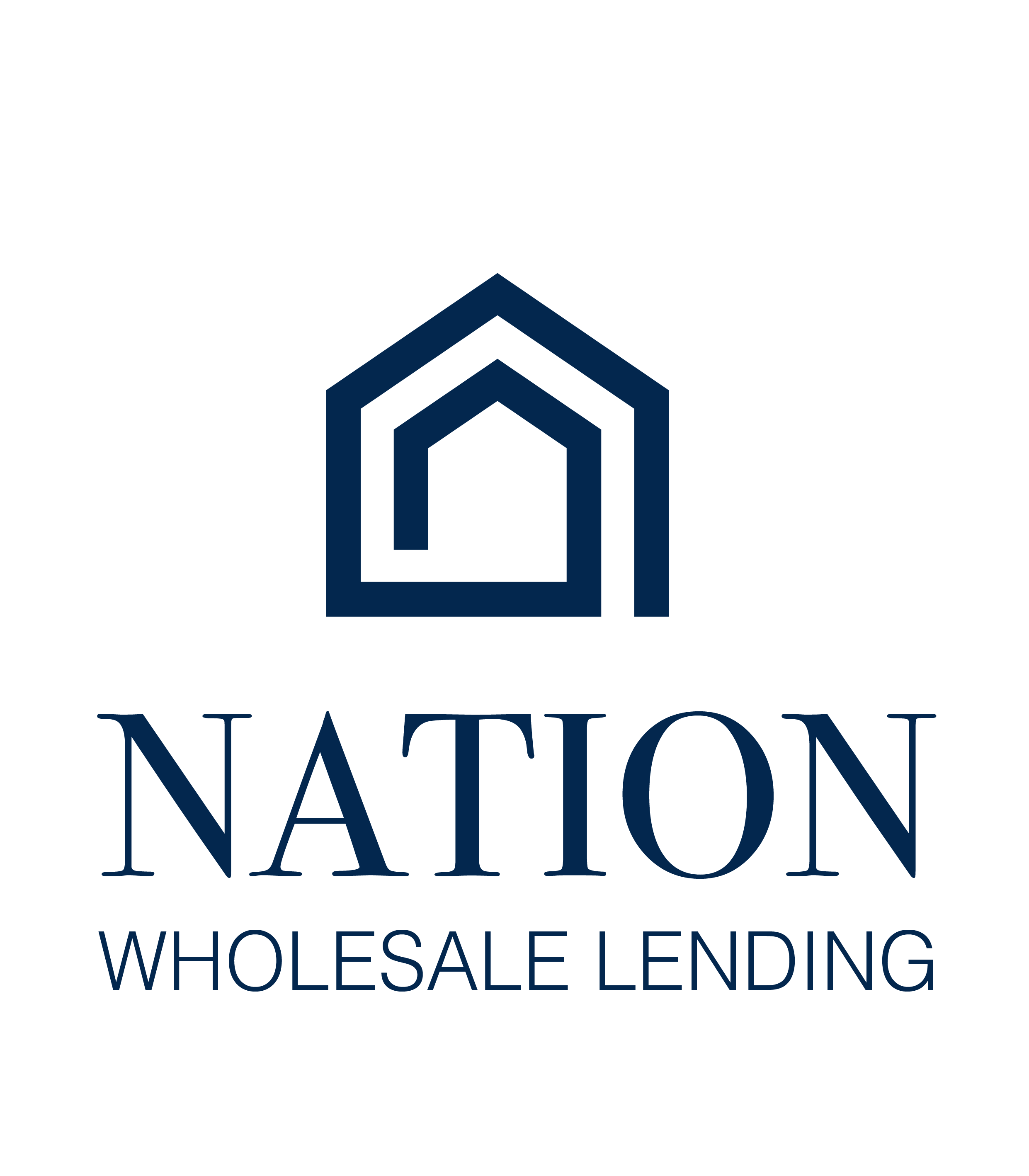LOAN TYPES
Types of residential mortgages
There are many types of loans, and even more ways to approach a loan. Below are the basic loan types along with some of their parameters.
FIXED RATE LOANS
These are the most popular because it’s based on an interest rate and monthly principal / interest payment that stays the same over time. Despite possible fluctuations in property taxes and insurance costs, fixed-rate home loans still prove to be a good bet for borrowers, allowing them to create a consistent budget around a consistent monthly payment. You can get fixed-rate mortgages at all Conventional, FHA, VA, and Jumbo loan products.
Companies generally offer fixed-rate mortgages in terms of 15 or 30 years, as well as alternatives like 10- or 20-year terms. A longer term comes with a higher interest rate; however, it also costs lower in terms of monthly payments since the amount is spread out over a higher number of years.
FHA (Federal Housing Authority)
-
- Minimum down payment: 3.50% (can come as a “gift” from approved sources.
- Up-front minimum investment: 1.75% (can be added to the loan)
- Monthly minimum investment: .85%
- As far as the maximum loan amount (SFR), counties set the loan amounts. Many Northern California counties set the limit at $474,950. Any amount above $417,000 either incurs additional costs and/or drives up the interest rate. FHA loan limits in the San Francisco Bay Area are as high as $625,500.
- The maximum seller concession is 6%. The minimum FHA FICO requirement without additional down payment requirements is 580. (Most companies require at least 620.)
- Refinancing is an option, although at high loan-to-value ratios. You can also opt for both fixed-rate and adjustable-rate loans.
- Roof and pest inspections are not mandatory the appraiser notes the need for it or the contract requires it.
- The FHA loan doesn’t put a cap on income, nor does it require you to be a first-time homebuyer.
- The property must be occupied by the owner.
- Reserves are generally not required when you purchase a single-family dwelling.
- The FHA allows non-occupying co-borrowers. Borrowers can opt for other state, county, and city programs, as well as energy efficient mortgage.
- Per FHA requirements, a purchase contract is written 90 days from the date of trustee sale, unless
- 90 days from date of trustee sale before purchase contract can be written unless REO is a federally chartered bank.
- FHA loans are assumable loans.
USDA Loans
-
- The USDA loan offers 100% financing without down payment for certain qualified transactions.
- The property must be 8 acres or less and can’t have a pool. It must be located in an eligible rural area (a town with a population of no more than 20,000 and removed from an urban area).
- USDA loans peg income limits at 115% of the U.S. Median Income. (Most counties have a maximum income limit of $65,000 for every four-person household.)
- Borrowers don’t need to have cash reserves, nor do they need to be first-time homebuyers.
- The minimum credit score required from most lenders is 620, and there are no loan limit restrictions.
CAL HFA Loans
-
- First-time buyers are generally offered a 30-year fixed-rate mortgage at below-market rates.
- These are government-insured/guaranteed loans.
- The 30-year fixed government-insured/guaranteed mortgage is a program for mortgage loans that are insured or guaranteed by FHA, VA, or the USDA. It features a 30-year term with a low, fixed-interest rate.
- Cal HFA offers real estate owned (REO) loan programs. The CalHFA Community Stabilization Home Loan Program helps first-time home buyers purchase vacant homes that are owned by participating financial institutions in certain areas of California.
VA (Veterans Affairs) Loans
-
- This is one of the only 100% LTV programs around, with no down payment required. Loan amounts above $417,000 require a down payment.
- Borrowers must have DD214 with honorable discharge, and the property must be owner occupied.
- A veteran can still qualify despite bankruptcy and foreclosures if they’ve been looking for 2 years in most cases.
- Cash reserves are not a requirement.
Reverse Mortgages
-
- For this type of loan, borrowers must be 62 or older, and the property must be owner occupied.
- Borrowers must be able to demonstrate their ability to pay their property taxes and insurance.
- This type of loan is available for most property types that meet FHA and lender guidelines:
- Single family
- FHA-approved condominiums
- PUD’s
- Manufactured home
- You can use reverse mortgages as a tool for guaranteed income, periodic payment of obligations, or for the purchase of a home with no mortgage payment.
ADJUSTABLE RATE LOANS (ARM)
This type of loan differs from a fixed-rate mortgage in several ways. In particular, while a fixed interest rate for the life of the loan is guaranteed in a fixed-rate mortgage, an ARM rate changes periodically, usually in relation to a financial index, driving the payments can go up or down depending on the index performance.
The common features in all ARMs include the adjustment period, the index, the margin, the note rate, initial rate, interest rate caps, and payment caps (see Glossary).
Calculating ARM payments involves adding the margin set by the lender to the specific index. These are among the common indices utilized:
- Cost of Funds Index
- Treasury Bills
- LIBOR
Contact us About Your Loan Now!
WE GOT YOU COVERED
HOME
Everyone deserves to own a home. We support homeowners in their journey towards home ownership, stability and personal wealth.
DIRECTION
Nation Wholesale Lending is dedicated to ongoing growth and education of our broker partners, and providing thoughtful and ethical direction to our borrowers.
SAFETY
The market is unfortunately full of predatory and discriminatory lenders. Nation Wholesale Lending provides professional services without bias towards race, gender, sexual identity, economic disposition, or background.
